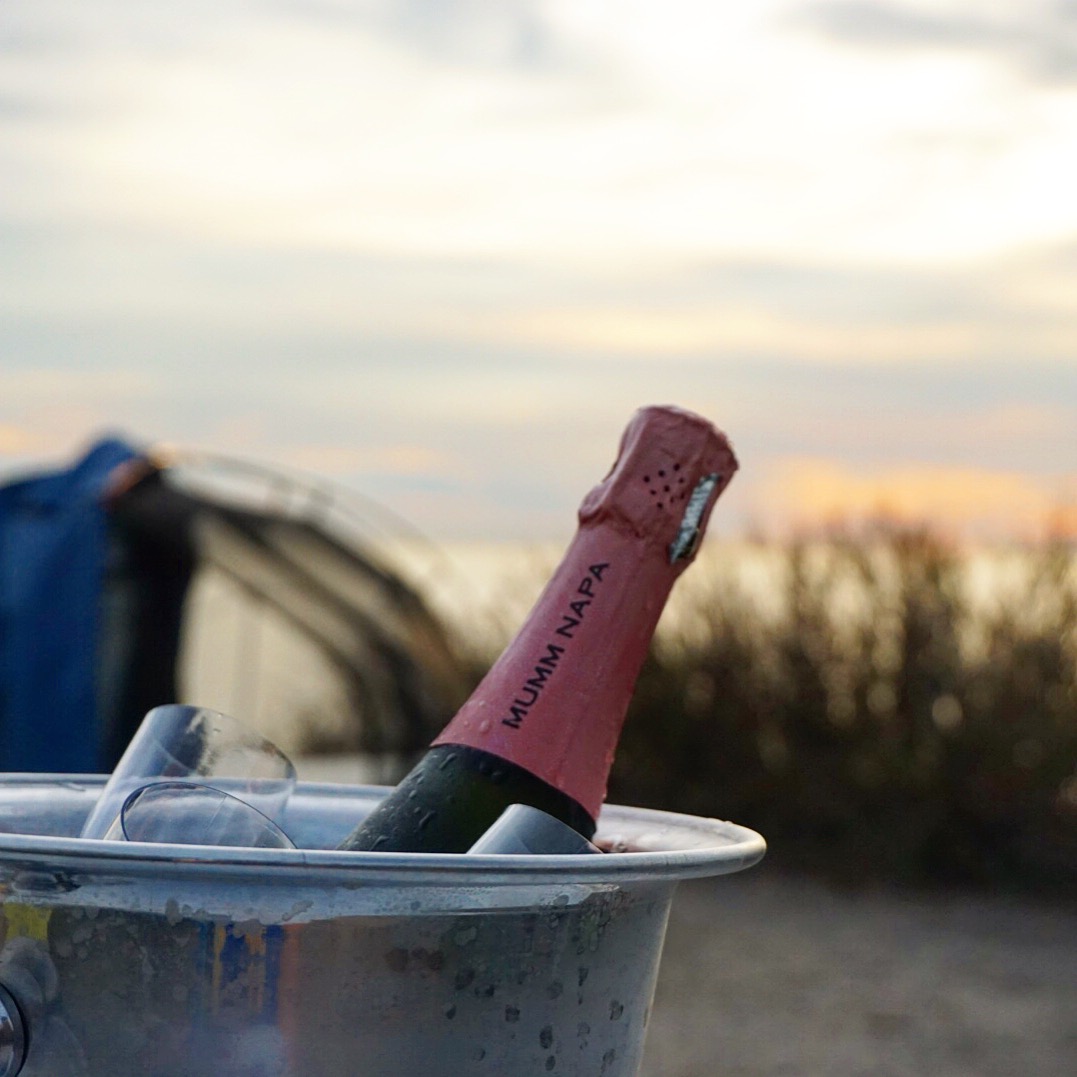Dry January is when individuals swear off drinking for the month, sort of like a mini New Year’s resolution. It got its start as a public health campaign started by the UK-based charity Alcohol Concern UK in 2012 and become increasingly popular each year among Americans. The charity group noted that over 100,000 individuals officially signed up through the charity for Dry January in 2018 and 4 million individuals took part unofficially and numbers are expecting to increase this year. Alcohol consumption is at its peak during the holiday season and Dry January is a way for many to detox their bodies and minds from alcohol. Dry January can be a practice for everyone, and is not solely linked to individuals with an alcohol use disorder. If you are a light or moderate drinker, Dry January may not feel like a big deal. However if you are a heavy drinker, you should discuss this with a healthcare professional. The chances of having an alcohol use disorder are thought to be low for women who have no more than seven drinks a week, and no more of those than three in a single day. For men, it’s no more than 14 drinks per week, and no more than four in a single day, according to the National Institute on Alcohol Abuse and Alcoholism. Decreasing alcohol consumption by participating in Dry January can benefit your physical and mental health for many reasons:
It could encourage you to cut back on drinking, even after the month of January is over: Dry January is not just about eliminating alcohol for 30 days but many individuals end up cutting back over the long-term. In an online survey funded by Alcohol Concern UK, a University of Sussex researcher, 800 individuals responded that by August, their drinking habits were still much lower than before they participated in Dry January.
Dry January will help you save money: Alcohol is expensive and many individuals with an alcohol use disorder run into financial difficulties because of this. According to the Bureau of Labor Statistics, Americans spend about 1 percent of their gross annual income on alcohol. Participating in Dry January can help you save money since you are no longer going to bars, buying alcohol at the grocery store or spending money on booze at concerts or other social outings.
Dry January can make you irritable in the short term: Even if you are a mild or moderate drinker, cutting out the alcohol can leave you irritable and restless. Many individuals drink as a way to relieve stress or induce sleep even if they are not consciously aware of this so when alcohol is taken out of the equation, individuals will have to face these problems without using alcohol as a coping mechanism. This can leave many restless, inpatient and irritable however these symptoms will pass overtime.
You will learn healthier coping mechanisms: Since alcohol is a crutch for many, even those who are mild drinkers, Dry January is a time where you will have to learn healthy coping mechanisms to deal with the stressors in your life. Exercise, meditating, mindfulness, positive thinking, connecting with love ones, writing and becoming more in tune with your thoughts and feelings are all healthy coping skills that can help you sleep better and overcome life’s daily struggles. Hopefully you can continue to use these positive coping mechanism after Dry January has passed.
You will get better sleep: Alcohol can help with inducing sleep but it decreases sleep latency, meaning that individuals who drink alcohol before they go to bed will wake up more frequently in the night. Giving up alcohol for a month will improve your sleep after a couple of week’s when your body is used to not having alcohol.
Trying this with a partner may help you be more successful in your goal and bring you closer to that individual: You may be more successful if you can do a Dry January with a friend, partner, or coworker. That way you have someone to hold you accountable if you are struggling or slipping. This may also help both of you create a stronger bond. Life changes that you choose to make for health reasons are more successful if you have friends to help you through these changes.


